SLPP Leader Mahinda Rajapaksa, who served as Executive President during the wartime, has strongly criticized the UK over sanctions imposed on former Chief of Defence Staff Shavendra Silva, former Navy Commander Wasantha Karannagoda, and former Army Commander Jagath Jayasuriya.
The sanctions were imposed over unproven allegations of human rights violations during the war with the LTTE.
Rajapaksa emphasized that as the then President, he made the decision to wage war against the LTTE, but it was the military leaders who executed the operations on the ground.
In a statement, Rajapaksa addressed the circumstances that led to the conflict, defending the actions taken during the war.
The statement said: “Despite the 2002 ceasefire agreement, the LTTE had carried out 363 killings during the ceasefire between February 2002 and the end of September 2005. LTTE attacks intensified in the first few weeks and months after I was elected President in November 2005. Among the most serious such incidents were claymore mine attacks on 4 and 6 December 2005 in Jaffna that killed thirteen soldiers, a suicide attack on a naval craft on 5 January 2006 that killed 15 naval personnel, and the suicide attack on the Army Commander inside Army Headquarters in April 2006.
Despite all that, my government held two rounds of peace talks in January and June 2006 in Geneva and Oslo which were unilaterally halted by the LTTE. I was compelled to go to war after the LTTE landmine attack on a civilian bus in Kebithogollawa in June 2006 which killed 64 and seriously injured 86, many of them children. Military operations commenced in July 2006 when the LTTE closed the Mawilaru anicut cutting off irrigation water to cultivators in the Trincomalee district and did not stop until the LTTE was completely defeated on 19 May 2009.
I categorically reject the UK govt’s allegation of widespread human rights violations during the war. Lord Naseby stated in the House of Lords on 12 October 2017 that the then UK Defence Attache in Colombo Lieutenant Colonel Anton Gash had in conversation with him, praised the discipline of the Sri Lanka army and stated that there certainly was no policy to kill civilians. Because Lt. Col Anton Gash’s war time dispatches to London differ so significantly from the narrative promoted by the UK political authorities, only a heavily redacted version of those dispatches have been released. We waged war only against the LTTE and not against the Tamil people.
Just months after the war ended, when my wartime army commander came forward as the opposition candidate at the 2010 presidential elections, the Tamil National Alliance issued a statement on 6 January 2010 appealing to the Tamil people to vote for the former army commander and he won over 60% of the votes cast in the Northern and Eastern Provinces, thus directly contradicting the narrative being promoted by the UK govt. Imposing sanctions on Vinayagamoorthy Muralitharan a.k.a Karuna Amman who broke away from the LTTE in 2004 and later entered democratic politics is a clear case of penalizing anti-LTTE Tamils so as to placate the dominant segment of the Tamil diaspora in the UK.
When the UK foreign secretary David Milliband came to Sri Lanka in April 2009 and demanded a halt to military operations, I flatly turned him down. Later, a London based newspaper The Telegraph revealed, quoting secret documents made public by Wikileaks that Mr. Miliband had tried to intervene in Sri Lanka to win Tamil votes for the Labour Party. Regrettably to this day, vote bank politics determines the UK’s stand on Sri Lanka’s war against the LTTE.
Three decades of LTTE terrorism claimed the lives of 27,965 armed forces and police personnel not to mention the lives of many thousands of civilians including politicians. What Sri Lanka defeated in 2009 was the organization that the US Federal Bureau of Investigation had officially designated as the deadliest terrorist organization in the world. It is noteworthy that the United Kingdom introduced special legislation in 2021 and 2023 to protect their own armed forces from persecution by interested parties,” he said.
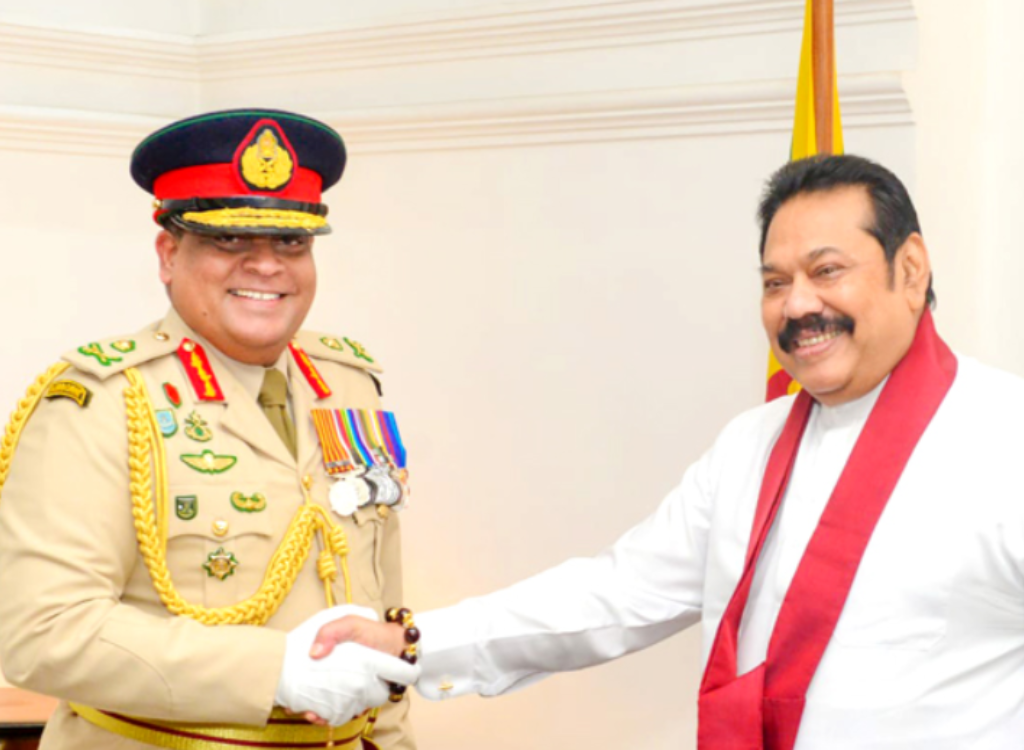
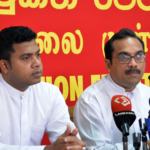
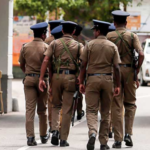





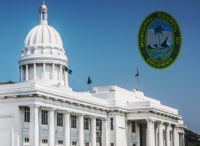

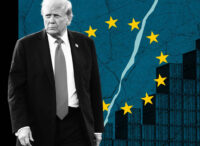
Leave a comment